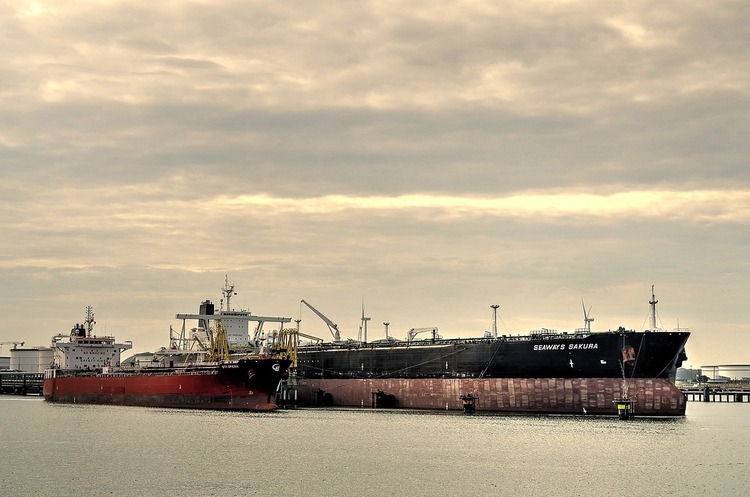Denmark and its allies are thinking of ways to block the path of Russian "shadow" oil tankers
Countries have reached a consensus that the shadow fleet is an international problem that requires international solutions

The Danish government is exploring ways in which it can block the path of tankers transporting Russian oil through the Baltic Sea.
Source. This was reported by Reuters.
Danish Foreign Minister Lars Løkke Rasmussen told the agency that his government had gathered a group of allied countries to assess what measures could be taken against Russia's so-called "shadow fleet".
This term describes a group of old tankers registered and insured outside Western countries that are used to transport oil from Russia.
Moscow resorted to this practice after Western countries imposed a price ceiling on Russian oil due to the start of aggression against Ukraine.
According to Reuters, waterways owned by Denmark account for about a third of Russian oil shipments by sea, or 1.5% of the world's total. Therefore, an attempt to restrict such shipments could lead to higher oil prices and hurt Russia's revenues.
"There is a broad consensus that the shadow fleet is an international problem that requires international solutions," Rasmussen said. He did not specify what measures could be taken.
Rasmussen added that all possible steps must comply with international law.
Russian Ambassador to Denmark Vladimir Barbin commented to Reuters that it would be unacceptable to impose restrictions on ships passing through Danish sea lanes, and the real threat to the safety of navigation in the Baltic is the sanctions imposed on Russia.
Barbin said that the passage of Russian vessels through Danish waters is guaranteed by the 1857 Treaty of Copenhagen, which is still in force.
Background. As a reminder, British Foreign Secretary David Cameron has promised to organise a "hunt" for tankers in which Russia illegally transports oil products. He also called for companies from other countries that cooperate with Russia, including China, Turkey, Kyrgyzstan and Israel, to be included in the sanctions list.
If you have read this article to the end, we hope that means it was useful for you.
We work to ensure that our journalistic and analytical work is of high quality, and we strive to perform it as competently as possible. This also requires financial independence. Support us for only UAH 196 per month.
Become a Mind subscriber for just USD 5 per month and support the development of independent business journalism!
You can unsubscribe at any time in your LIQPAY account or by sending us an email: [email protected]



